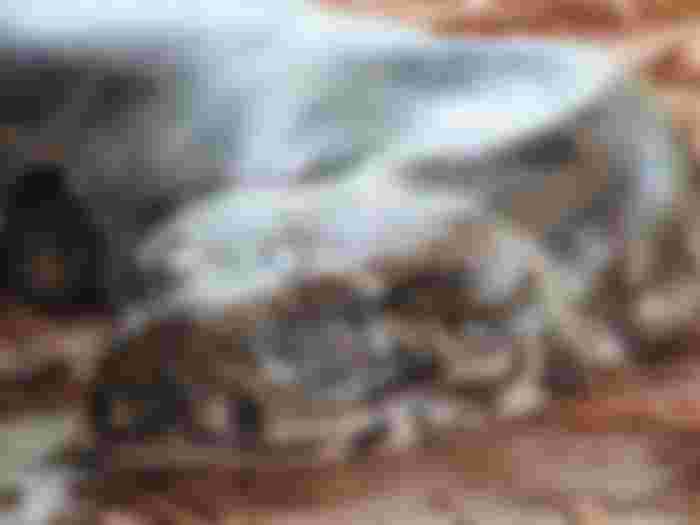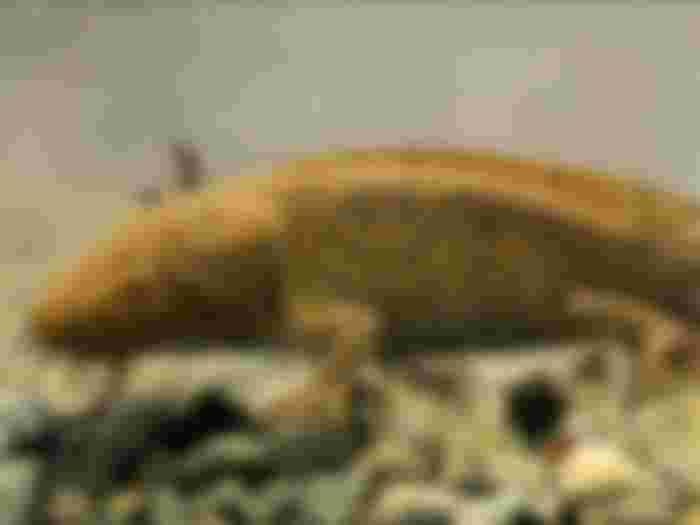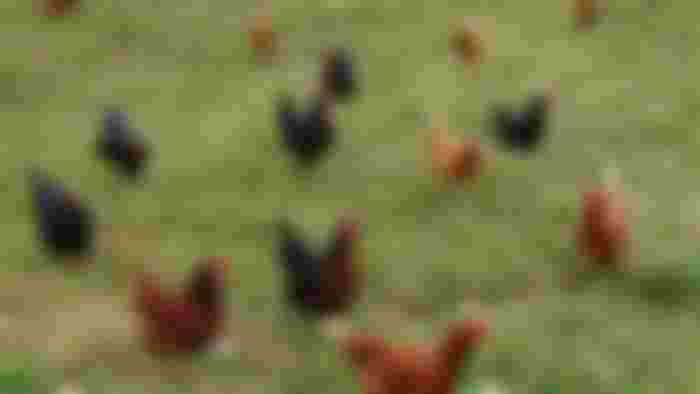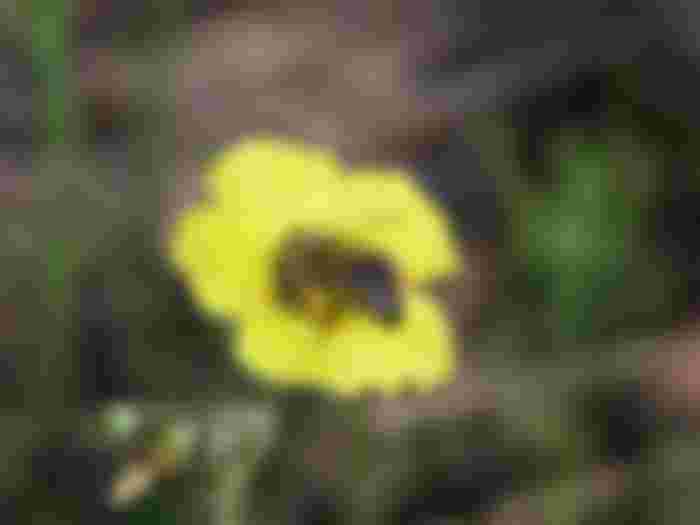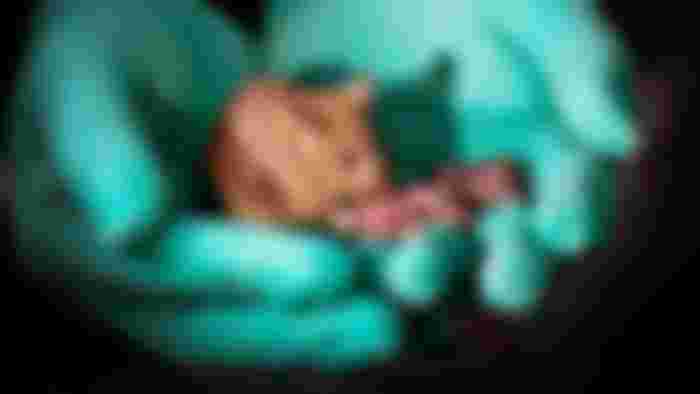Female Animals That Can Give Birth Without Sex
Normally, living things would not be able to produce offspring alone. A human fetus is formed when a sperm cell and an egg cell meet. The way to bring these two cells together is to have sex. Even though there are now IVF programs and various other experiments that do not require humans to have sex, basically babies will still not be formed without one of them.
Most animals are like that, they need a partner to be able to continue their offspring. Although the way they have sex varies, but generally the female needs the help of the male to fertilize herself. But uniquely, it turns out that there are several female animals that can reproduce without intercourse or fertilization! In the medical world, this condition is called parthenogenesis. Curious about which animals can have a 'virgin birth'? Here I will discuss it in this article.
Initially, scientists thought this unique character was only found in animals that live in extreme environments. As in 1966, they discovered that wild whip lizards could give birth without intercourse

But that theory was immediately debunked. There are animals in captivity that are also parthenogenetic, as recently discovered in 2016 — a female leopard shark in an aquarium in Australia has 3 cubs despite having no partners

In addition to sharks, other captive animals that are rumored to have reproduced without males are pythons. At the Louisville Zoo, have you ever had a python suddenly have 6 cubs without ever coming into contact with a male python

Amphibians such as salamanders are also able to give birth without having sex! But in what kind of case is she a 'virgin birth', there is no detailed information yet

Komodo dragons are also said to be able to give birth without having sex. If the Komodo dragon is said to depend on the climate, if there are males around him, then he can reproduce normally. But if it's not there, he can lay his own eggs

Researchers have also found poultry such as turkeys and chickens that can produce embryos without the help of males
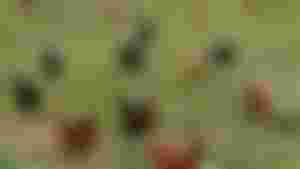
There are also animals from the insect class that can reproduce independently. In 2008, a virgin bee was discovered in South Africa which is capable of producing both male and female offspring

Mammals such as humans cannot be parthenogenesis. But interestingly, in 2004, scientists succeeded in engineering a small mammal, namely a female mouse, to have children without fertilization. It works but the child can't live long

Although it looks miraculous, in fact according to scientists, this parthenogenesis is not an animal ability to be proud of. The problem is that without a male, the child produced through a 'virgin birth' will only inherit the mother's genes. If left unchecked, it will reduce diversity in the species.
Image source from Google.com


